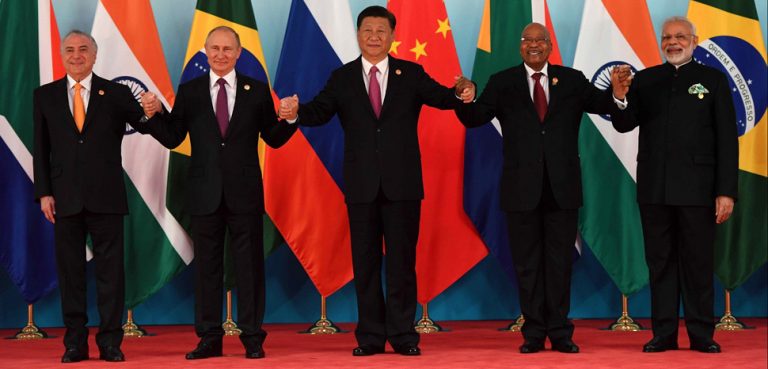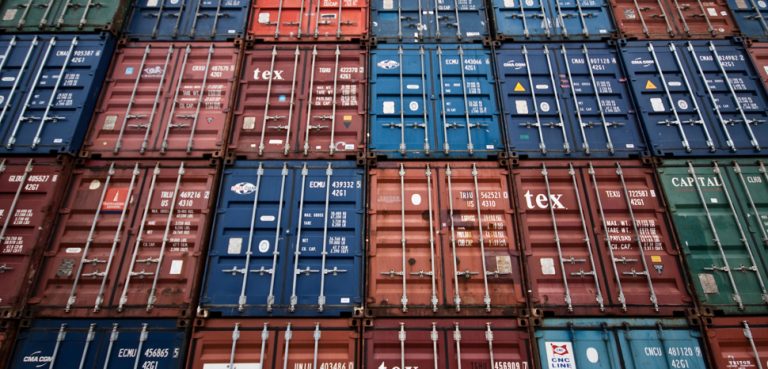The US Securities and Exchange Commission (SEC) is increasing inquiries made of Chinese companies looking to list on US equity markets, adding as many as 20 new questions to the filing process over the last month. The new required disclosures center around the nature of the dividend structure, cash flow, and tax status of the variable interest entity (VIE) vehicle that is typically used to circumvent Chinese restrictions on foreign ownership and tap into overseas financial markets. Additionally, and potentially more significantly, the SEC is mandating new disclosures concerning the political and regulatory risks that a variable interest entity could be expected to face, along with those faced by its parent company in China.
The reports come on the heels of a video message released by Gary Gensler, in which the SEC head explains why the agency will be pausing new Chinese IPOs “for now,” pending the release of the abovementioned details. The SEC has now been holding up approval of Chinese IPOs since July 30.
This week’s disclosure requirements come on top of legislation passed in Congress last year to delist Chinese companies unless they open their auditing books to the Public Company Accountability Oversight Board (PCAOB) by 2024 – a condition that the Chinese government has always resisted, and will certainly continue to resist.
The SEC announcement builds on a series of regulatory crackdowns in China that began with the disastrous US listing of ridesharing app Didi Global, whose stock price has now shed over 50% from its peak. Regulators on both sides of the Pacific have taken aim at the variable interest entity, a corporate structure of that, put simply, opens the door to foreign financing while affording these investors very little in the way of legal protections or financial data.
Situation darkens for Chinese tech companies
The Didi debacle ushered in a round of selling of Chinese tech companies in US markets, and the trend was further compounded by revelations that Beijing plans to push private companies out of the private education space – a decision that effectively decimated the stock price of several US-listed companies. The crackdown shows no signs of abetting on the Chinese side. Earlier this week, the State Administration for Market Regulation released a new set of draft rules intended to reign in unfair market practices by tech companies. For example, the rules – still yet to be finalized – would forbid companies from utilizing their vast troves of user data to analyze user behavior and steer them away from competitors.
Unsurprisingly, the share prices of tech giants Alibaba, Tencent, and Baidu are all tanking on the news. On Thursday alone, the Hang Seng shed 2.9%, with Alibaba losing 5.5% and Tencent down 3.4%. Video-streaming company Kuaishou led the race-to-the-bottom with a one-day loss of 7.1%.
US investors heading to the exits?
Several high-profile US investors have soured on Chinese equities, including George Soros and the Cathie Wood-managed ARKK ETF. Hedge fund giant Marshall Wace dubbed Chinese ADRs to be ‘uninvestable.’ The MSCI China Index has shed 30% since its February peak and the wave of selling still shows no signs of easing up.
Impact
Recent moves from US and Chinese regulators strongly suggest that the era of the US-based China IPO is coming to an end, much to the chagrin of the Wall Street banks that have made hundreds of millions in listing fees over the past few years.
This is an arena where perception is king. Consider the SEC’s effort to impose new reporting standards on political risk to bolster pre-IPO data disclosure. It begs the questions: Who isn’t already aware of the risks inherent to investing in an authoritarian, avowedly socialist country? And: Who among those who actually are aware could have predicted that, after decades of a light regulatory hand, the Chinese authorities would bring the regulatory hammer down so suddenly and so forcefully? How does one put that kind of risk into words and neatly tuck it into a pre-IPO prospectus?
Ultimately, Beijing doesn’t care about foreign investors, and the regulators are pursuing other, inwardly-focused goals for various political reasons. But where the risk to foreign investors was always present, albeit hypothetical, before, now it has become painfully tangible and reflected on the balance sheets of numerous hedge funds, many of which were piling into the Chinese tech sector before the Didi reckoning suddenly inverted the China trade.
It’s a lesson learned the hard way, and one whose memory is sure to linger.




